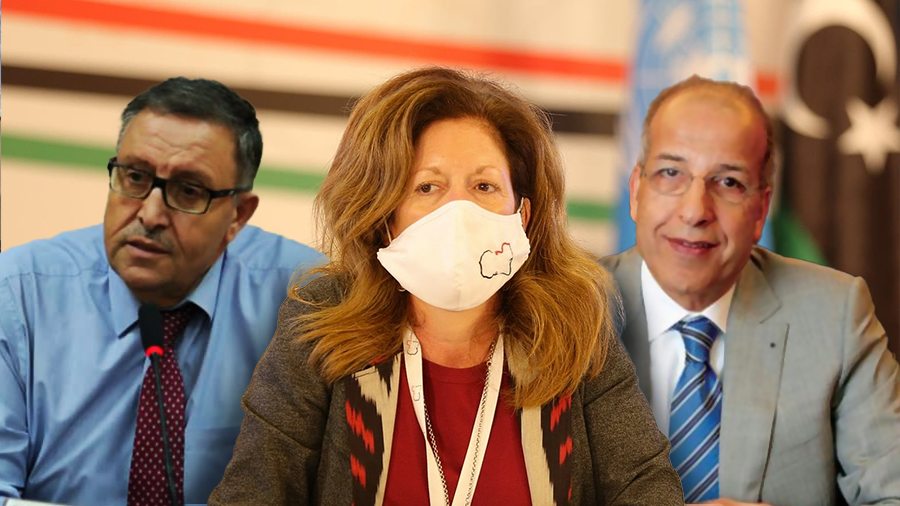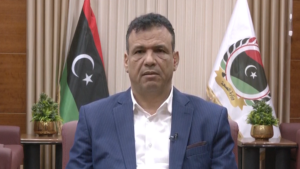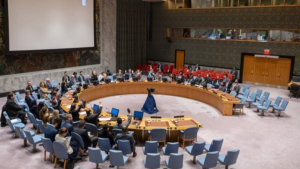The Acting Head of UNSMIL, Stephanie Williams, said UNSMIL had facilitated financial audit review of the two branches of the Central Bank of Libya, adding in her briefing to the Security Council that these audits will significantly increase transparency in how public funds are being managed in Libya.
Williams indicated that the negotiation of a durable economic arrangement for the transparent distribution of oil revenues remains dependent on advances made in the political track.
“Under the arrangements for resuming oil production, the National Oil Corporation is holding oil revenue in reserve until an agreement is found.” She explained.
Williams added that while the Libyan economic dialogue has developed policy options to improve wealth management, negotiating such an arrangement remains challenging given the polarisation between the two executive polities.
“Tangible progress was achieved as part of the package of confidence-building measures agreed in Geneva: flights between Benghazi and Tripoli as well as to Sebha, Ghat and Ubari have resumed and I am hopeful to see a reopening of flights to Ghadames happening soon.” She remarked.
Williams went on to add: “Following arrangements to remove foreign forces from the oil installations, the National Oil Corporation progressively lifted the force majeure on oil installations, ending the oil blockade imposed on the country for over nine months.”
She explained that oil production is now back to pre-blockade levels at 1.2 million barrels per day, adding that progress on a transparent economic arrangement on the management of oil revenues would help support this very positive development.
“Libyan Political Dialogue Forum articipants agreed to reform the powers and competencies of the Presidency Council and establish a separate Prime Minister. A government of national unity will be led by a Prime Minister and two deputies whose main mandate will be to lead the transitional period towards election, reunify state institutions, and provide security and basic services to the population until elections are held.” Williams indicated.





